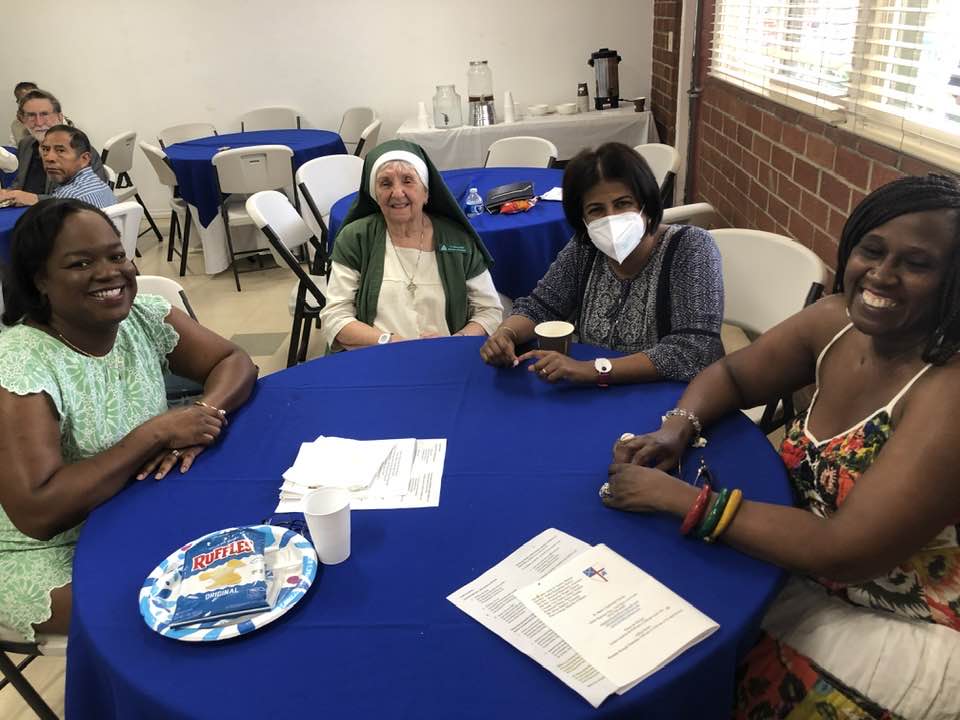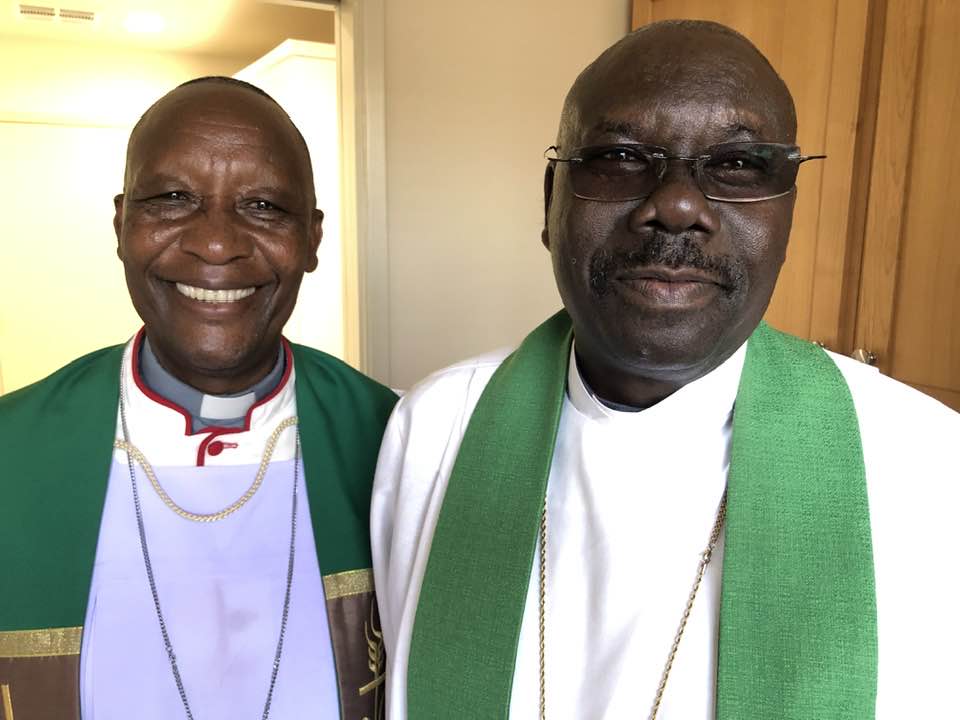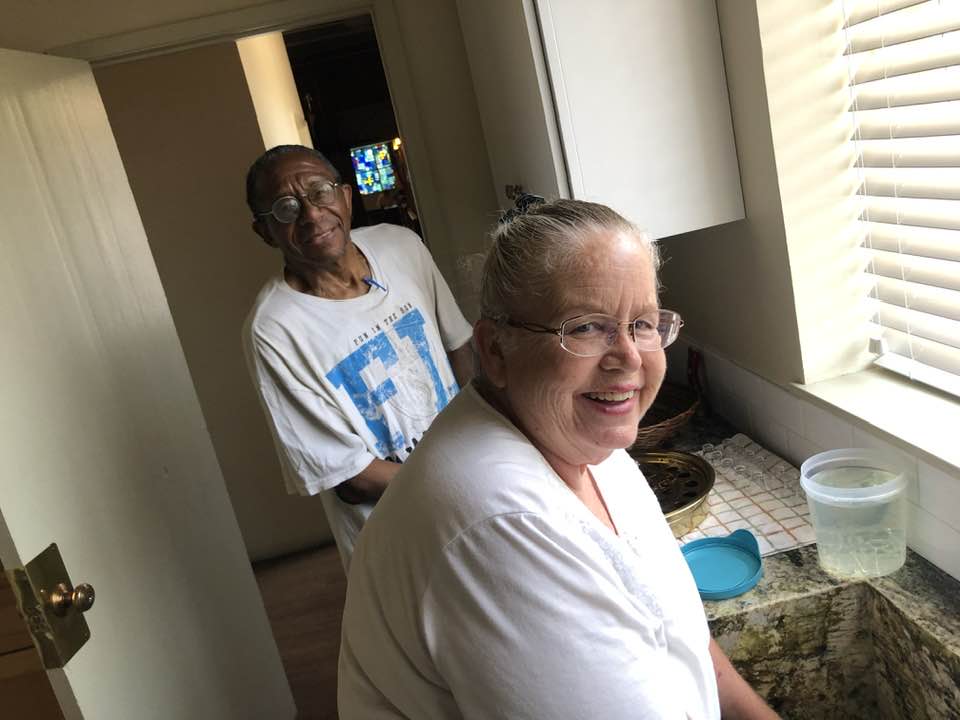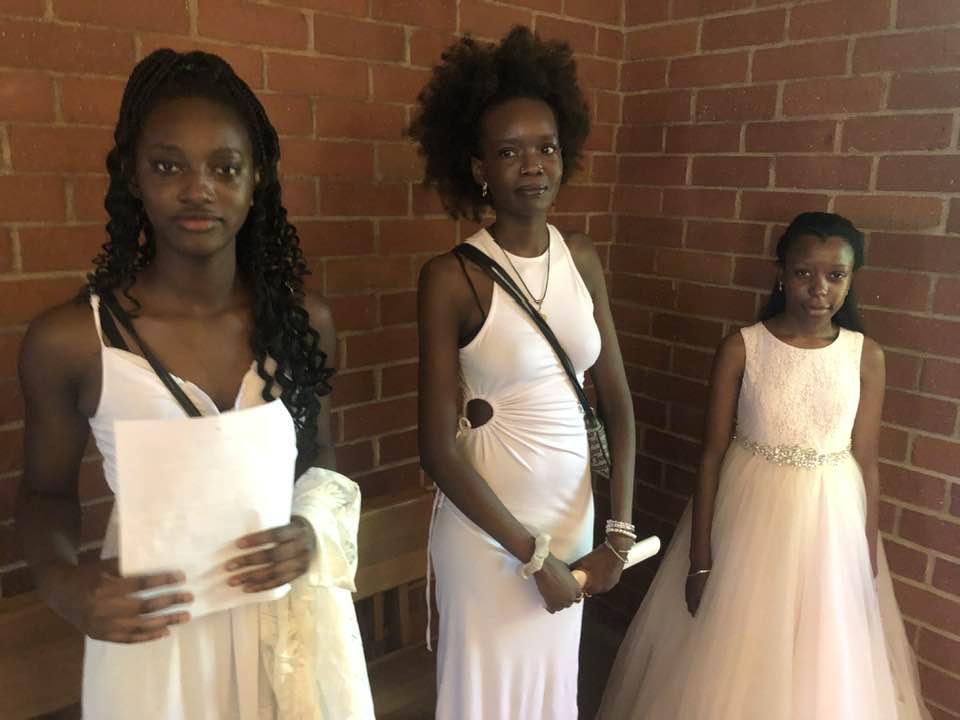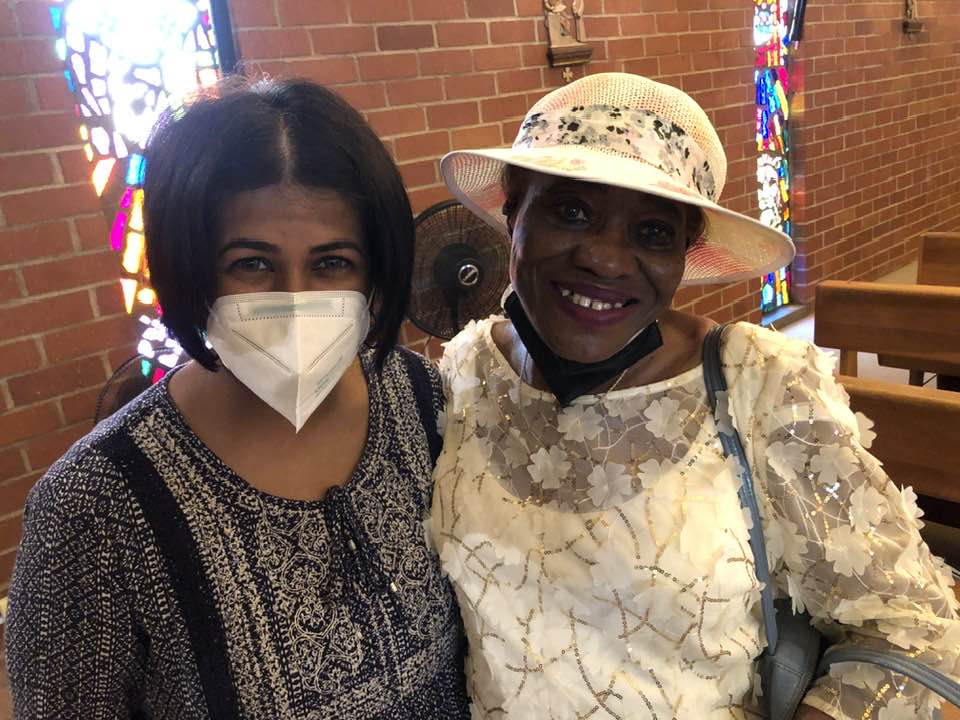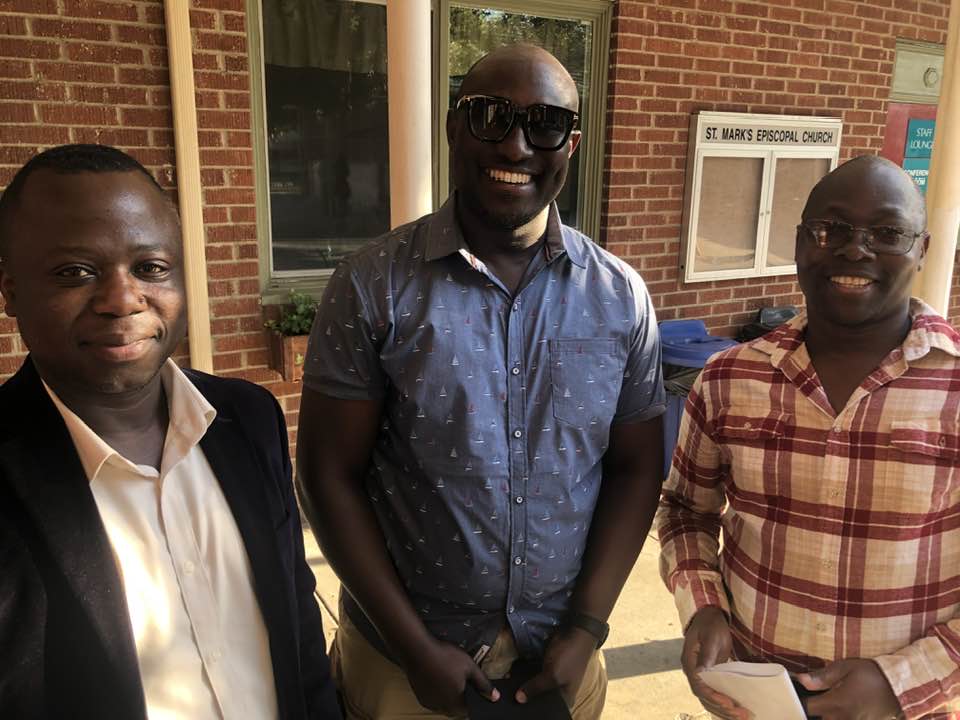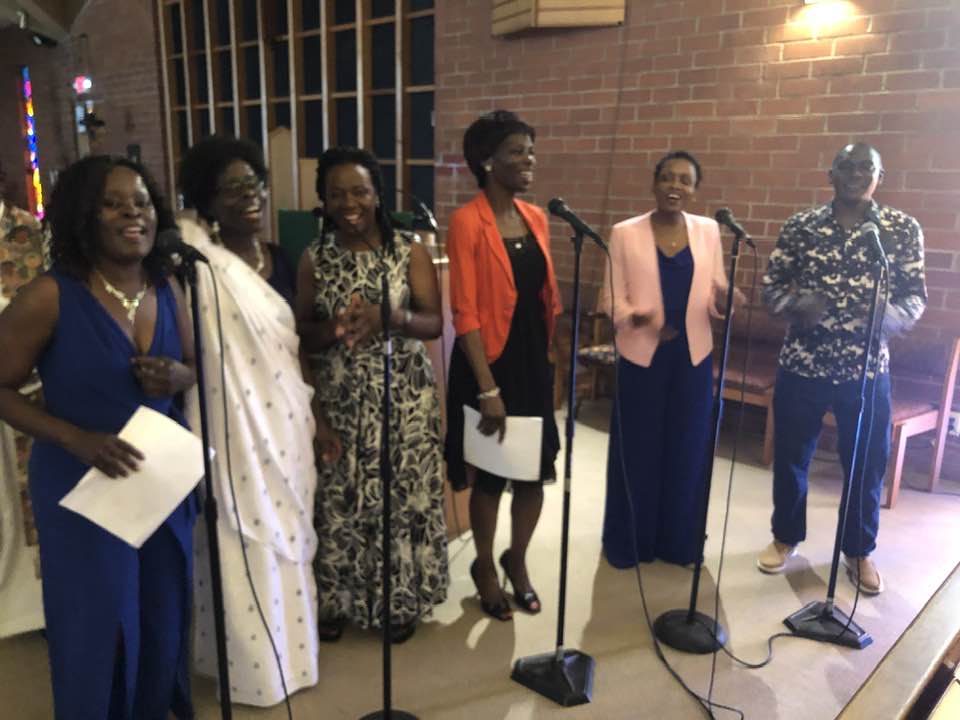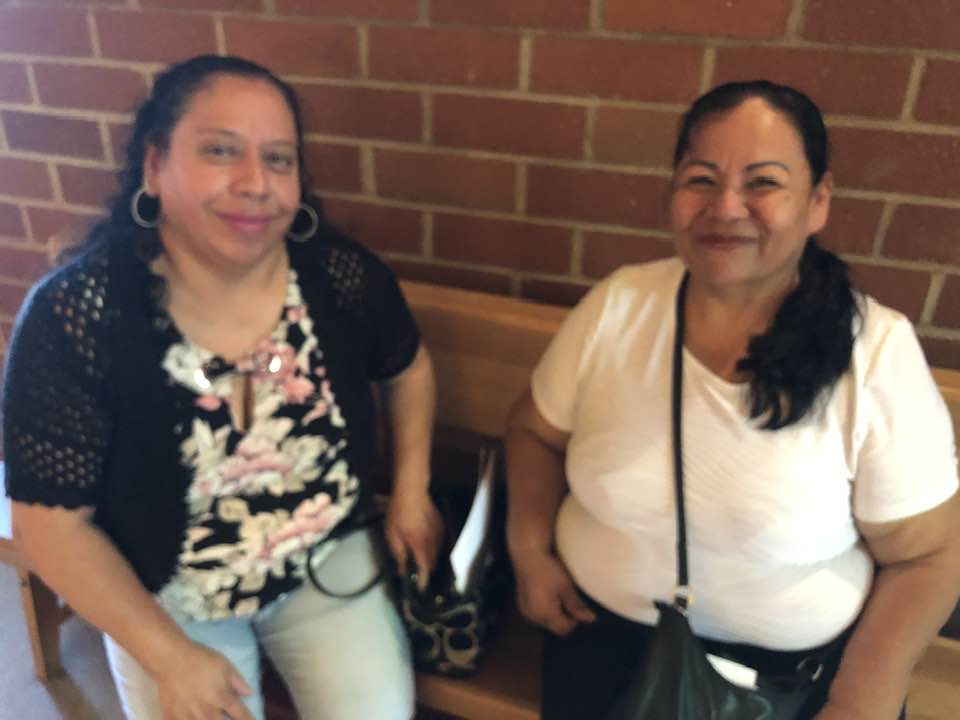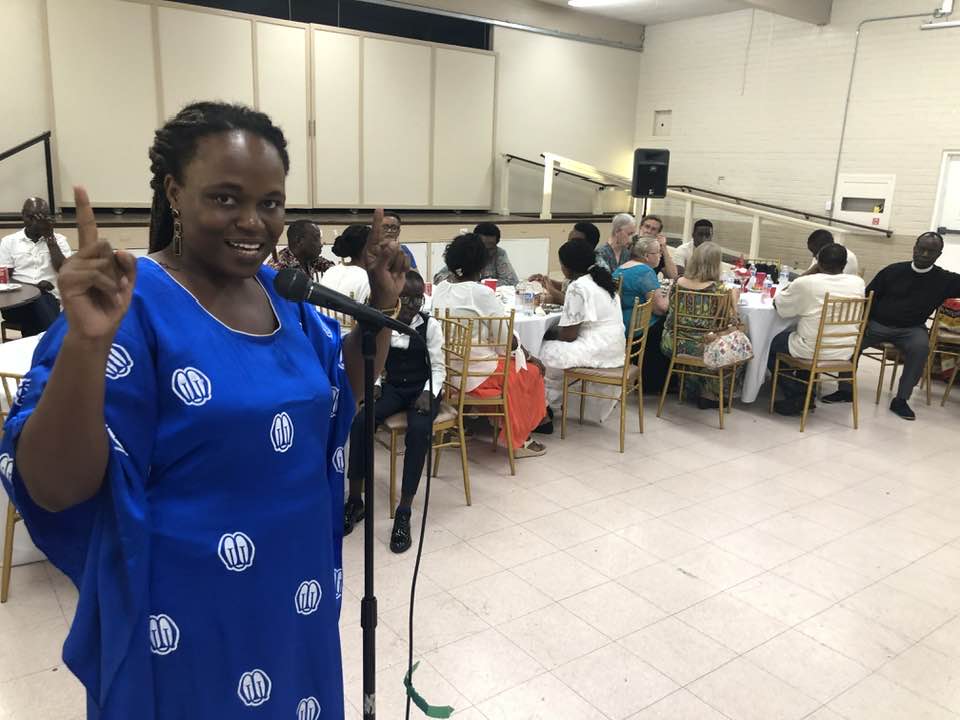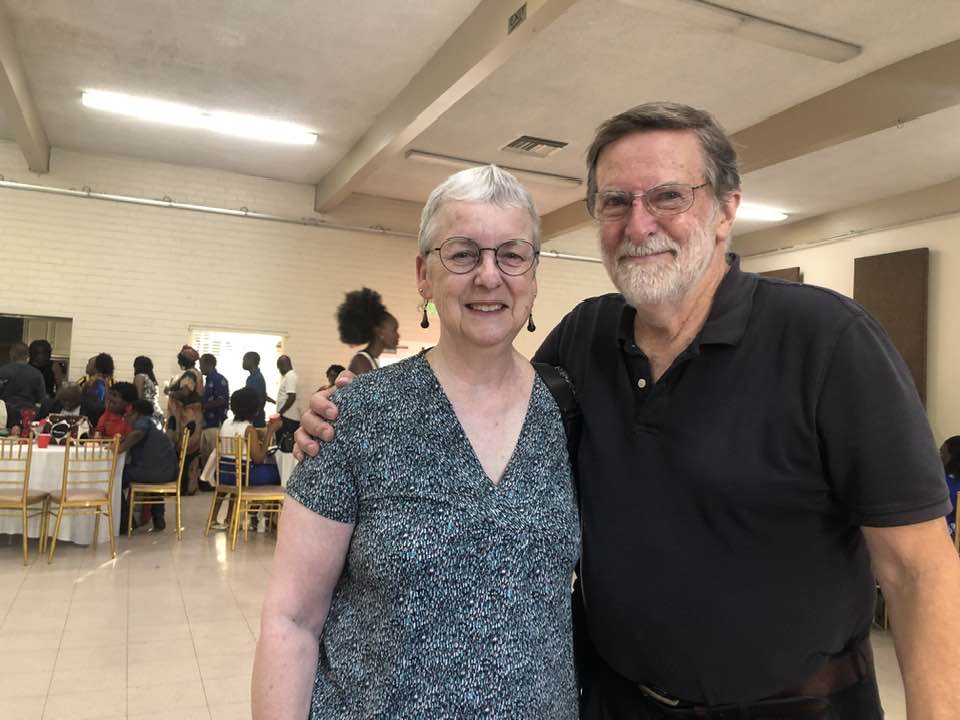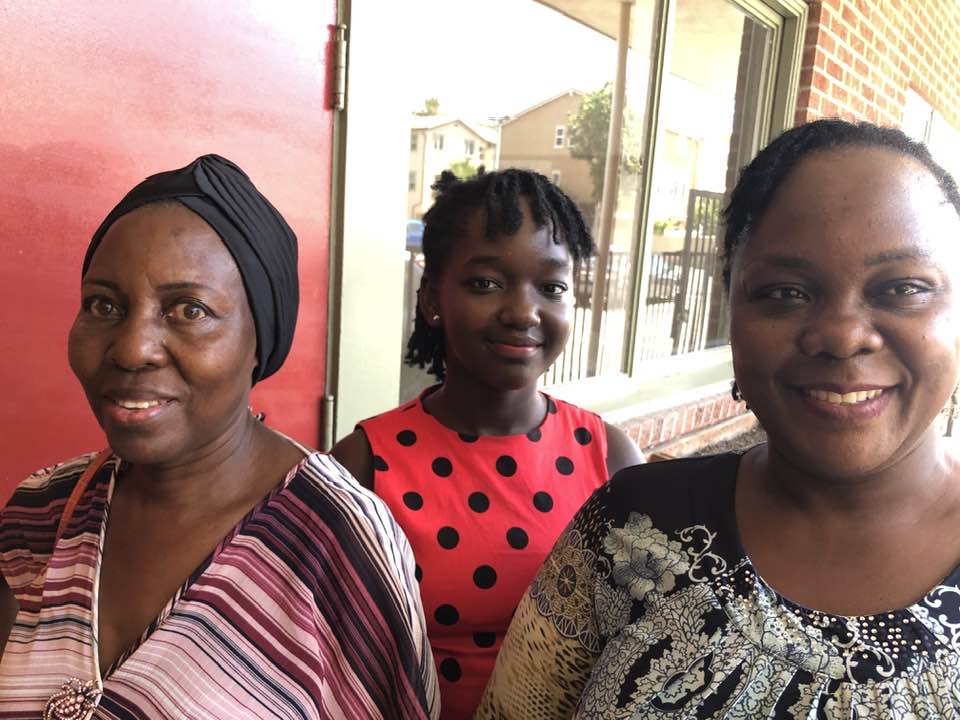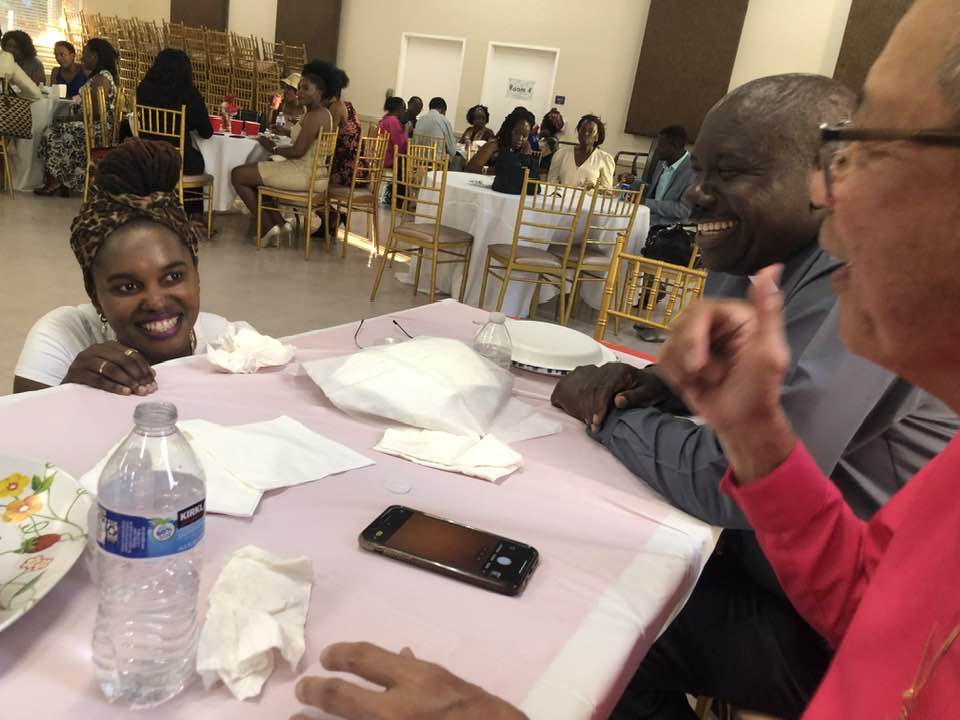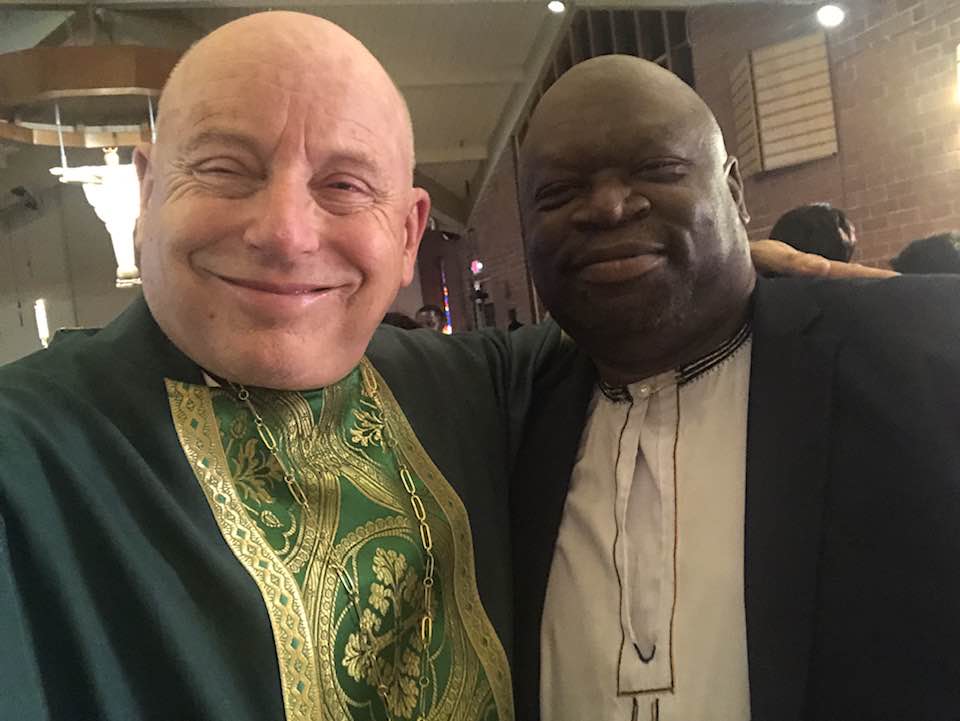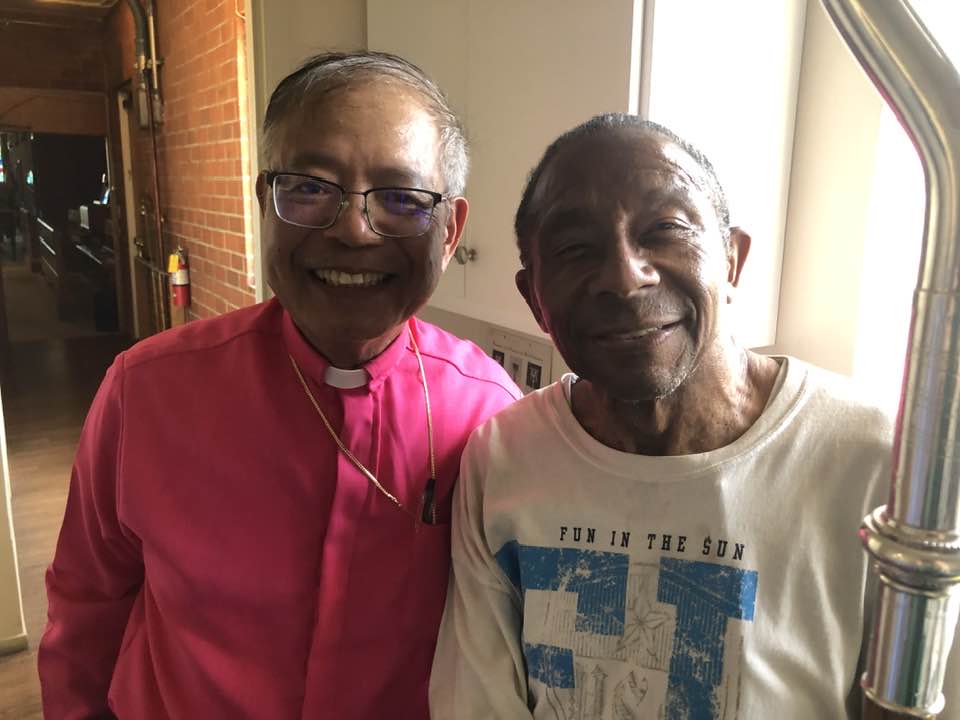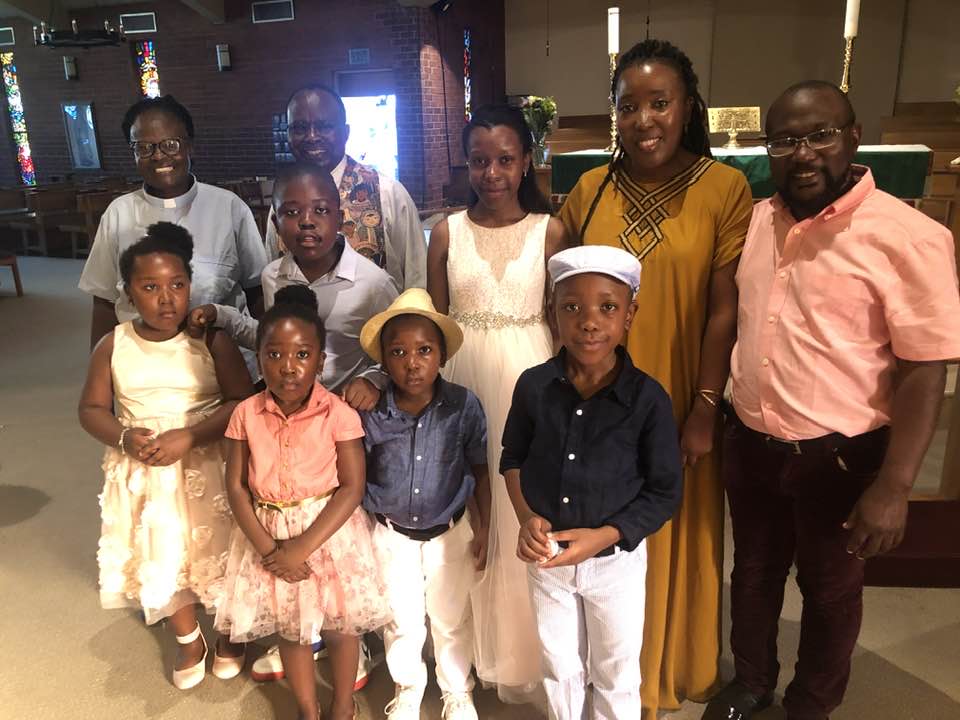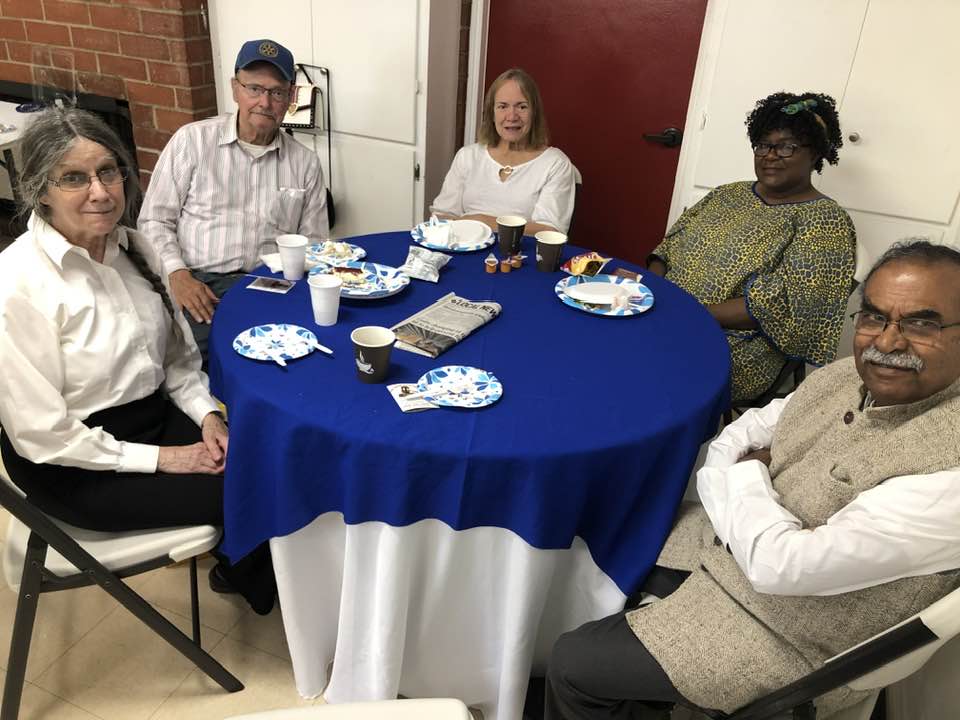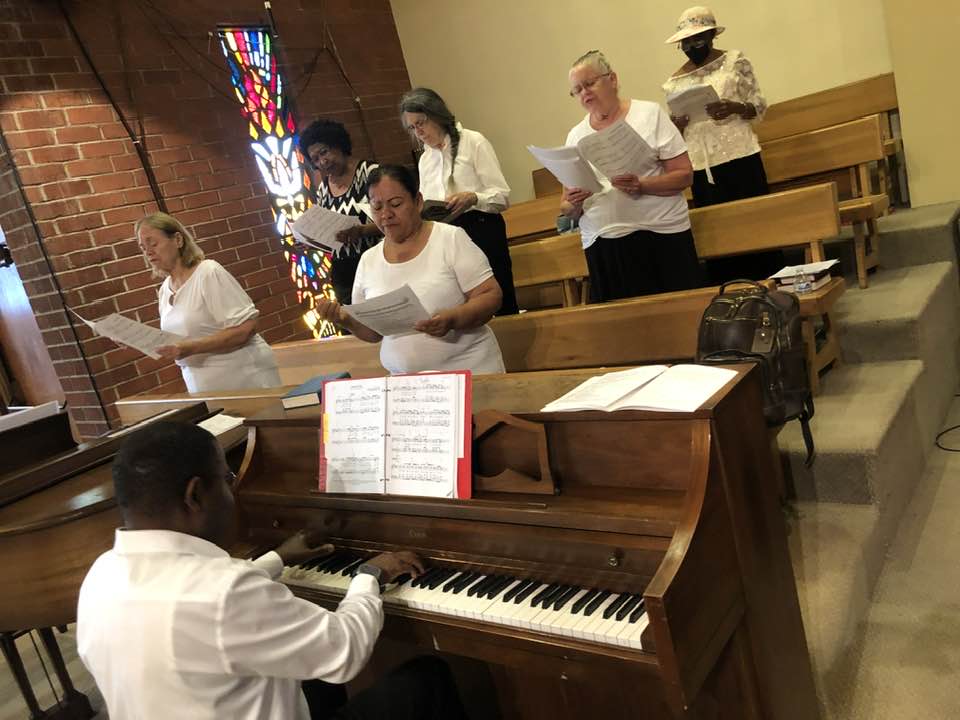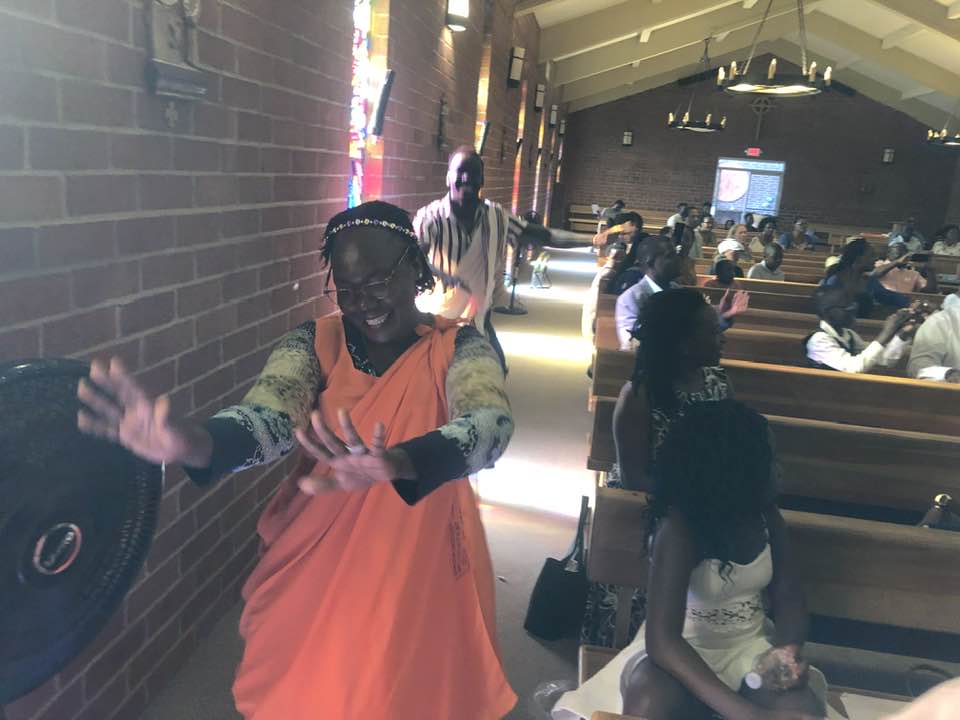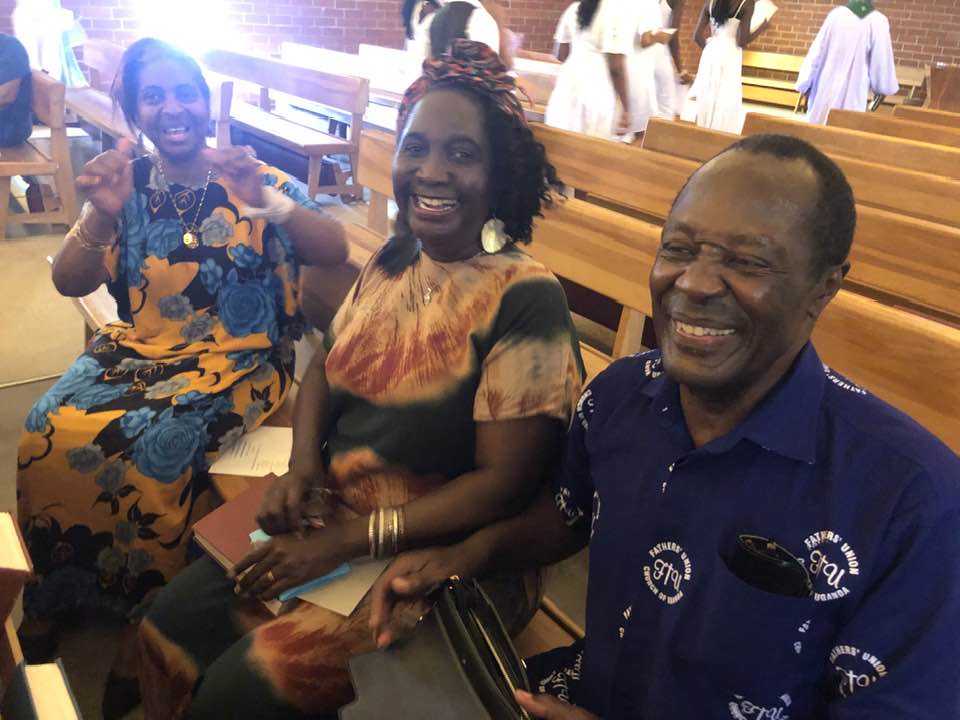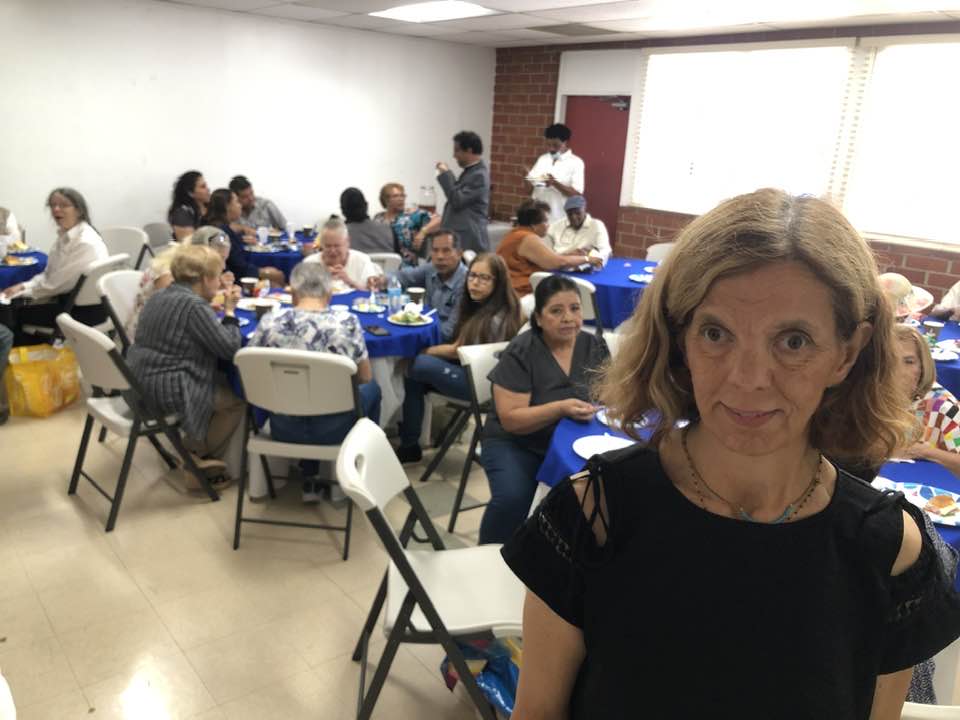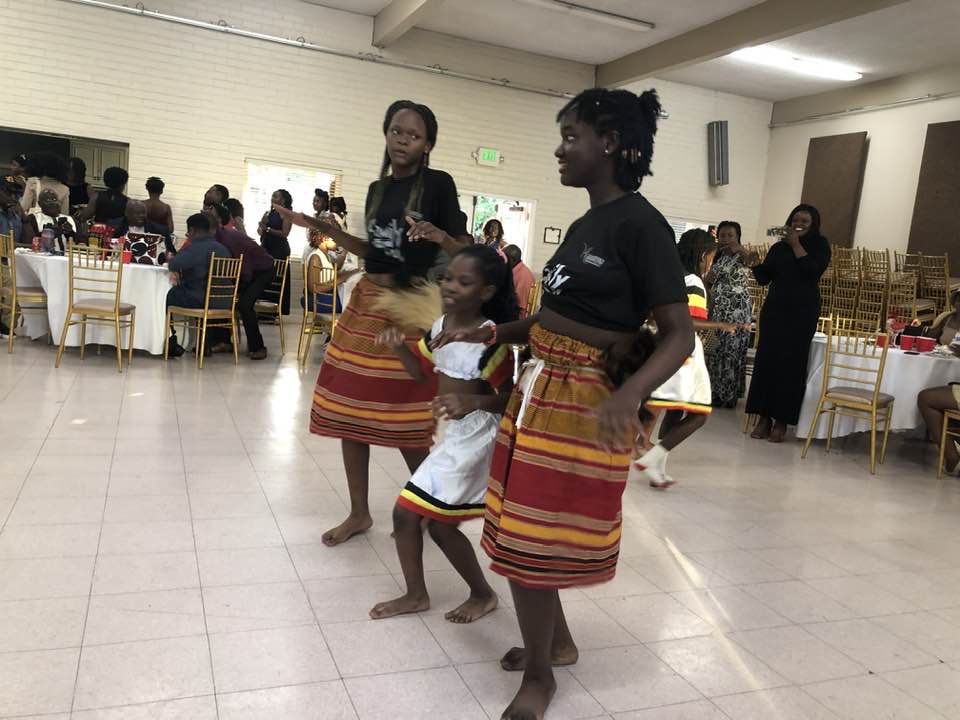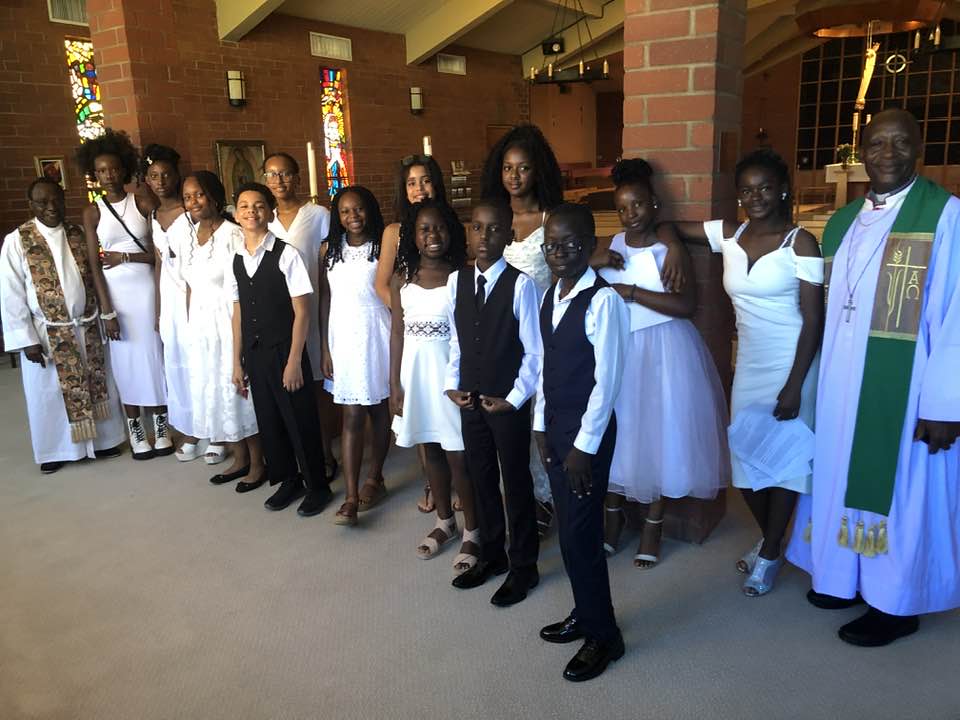
Dave Alvin, cofounder of the Blasters and now a legendary roadhouse rocker, reflecting recently to a journalist about the ethnic and racial diversity of his home town of Downey, called it a “microcosm of America.” The same is true of many other towns and neighborhoods around the Episcopal Diocese of Los Angeles. Thriving churches cheerfully embrace the pluralism and throw their doors open wide, becoming microcosms within microcosms.
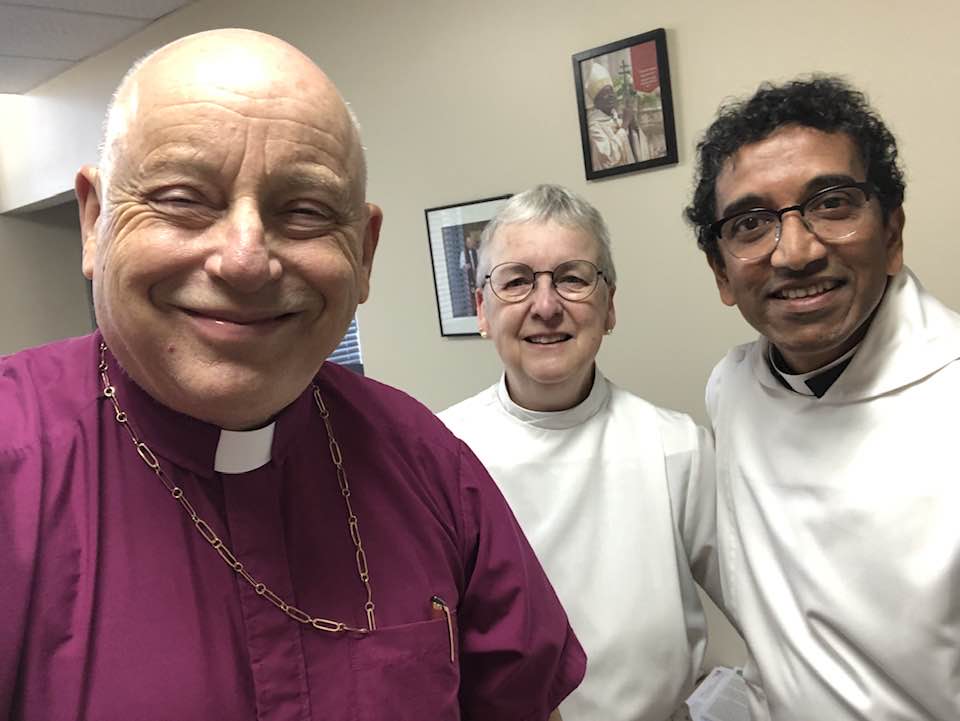 A wonderful example is Saint Mark’s Episcopal Church, Van Nuys, CA, a storied San Fernando Valley neighborhood, home town of actors Robert Redford and Cindy Williams, now another microcosm of all-American plurality. Founded in 1922, the parish is famously adaptive. Its first Sunday service is in English, the second in Spanish. The Ugandan Community Church (Episcopal) meets in the afternoon. A Korean congregation rents the church midday, and every other Saturday, come worship with the Philippine Independent Church (in full communion with The Episcopal Church under an historic 1961 concordat).
A wonderful example is Saint Mark’s Episcopal Church, Van Nuys, CA, a storied San Fernando Valley neighborhood, home town of actors Robert Redford and Cindy Williams, now another microcosm of all-American plurality. Founded in 1922, the parish is famously adaptive. Its first Sunday service is in English, the second in Spanish. The Ugandan Community Church (Episcopal) meets in the afternoon. A Korean congregation rents the church midday, and every other Saturday, come worship with the Philippine Independent Church (in full communion with The Episcopal Church under an historic 1961 concordat).
I was blessed to enjoy the full St. Mark’s experience on Sunday, beginning with a bilingual Holy Eucharist service at 10 a.m., where the assisting priest, the Rev. Brainerd Dharmaraj, was gracious enough to serve as my chaplain. Jesus’s parable of the sower preached, as it always does, warning that God’s word of love only takes root in rich soil — and there’s none richer than a diverse, open-hearted congregation. The devoted rector, the Rev. Robin Wolf Kassabian, is on medical leave. The resourceful senior warden these six years, Cristina von Teuber (who oversees the St. Mark’s ministries to the food insecure), and the parish deacon, the Rev. Catherine Wager, had everything well in hand. Under the directorship of Paul Lwanga, the choir was tip top, as was a gracious lunch after church. Read more about St. Mark’s here.
We were back at it at 3 p.m. with the UCC, founded in 1991 by the Revs. Sam and Joy Magala, recently arrived from Uganda and intent on founding a mission for local emigres. Driving by on Sherman Way one day, Joy had a feeling about St. Mark’s, and she was right. Can a building feel welcoming? Evidently so. Their ministry is still on fire with the Holy Spirit. On Sunday they had cued up four baptisms and 14 confirmations, all youth members.
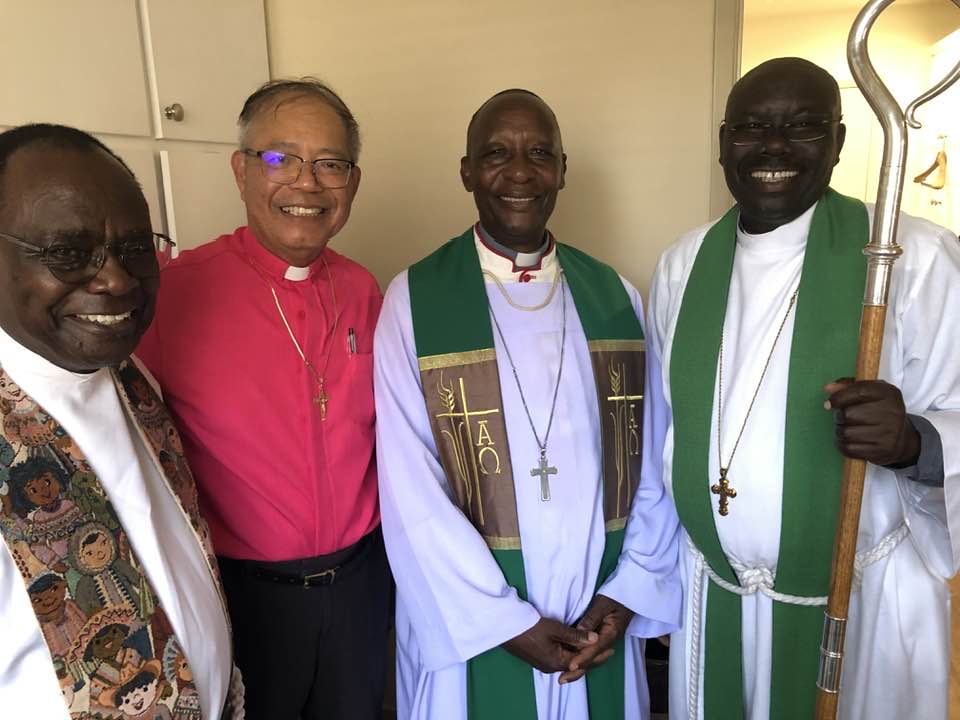 The young people and I met for a conversation before services. One of my sermon themes was ministry to the unhoused, both personal (a dollar for the person on the street, five if you can afford it) and institutional (building affordable housing on 25% of our mission and parish campuses). My young siblings displayed the cheerful skepticism that I remember from my days in school ministry, teaching fifth and seventh graders. Most of their parents work two or three jobs to make all things possible for these wonderful kids. It was not up to me to spend their families’ precious resources. I did say that becoming adult Christians entailed a commitment to acknowledge and reciprocate our blessings by loving our neighbor as ourselves — loving them no matter our neighbor’s socio-economic or medical condition, loving them across all barriers of race and nation, orientation and identification.
The young people and I met for a conversation before services. One of my sermon themes was ministry to the unhoused, both personal (a dollar for the person on the street, five if you can afford it) and institutional (building affordable housing on 25% of our mission and parish campuses). My young siblings displayed the cheerful skepticism that I remember from my days in school ministry, teaching fifth and seventh graders. Most of their parents work two or three jobs to make all things possible for these wonderful kids. It was not up to me to spend their families’ precious resources. I did say that becoming adult Christians entailed a commitment to acknowledge and reciprocate our blessings by loving our neighbor as ourselves — loving them no matter our neighbor’s socio-economic or medical condition, loving them across all barriers of race and nation, orientation and identification.
Featuring peerless music from a six-voice choir, enegetic dance, and many speeches, the service was nearly three hours long. For this round, UCC’s always upbeat assisting priest, the Rev. Onesmus Tayebwa, was my chaplain. An honored guest was the Rev. Canon Samuel K. Wasswa, a social worker who has established a life skills training center in his home town of Mukono. Roaring in just in time from his own Sunday morning duties was the Rt. Rev. Gerry Engnan, recently consecrated as PIC bishop for the western U.S. and Canada and former St. Mark’s assisting priest. He and I celebrated Holy Eucharist together and then repaired to the parish hall together for a magnificent dinner, more speeches (including by Gerry and me), and dance.
As we ate, the young people got more instruction from the presidents of the parish Mothers and Fathers unions, even as the young people left their tables periodically for errands outside the parish hall, since one can only absorb so much instruction at a time. At the UCC, it sometimes feels as though each child has a hundred parents. I told them that for me, an only child of a single working mother, that felt just fine.
